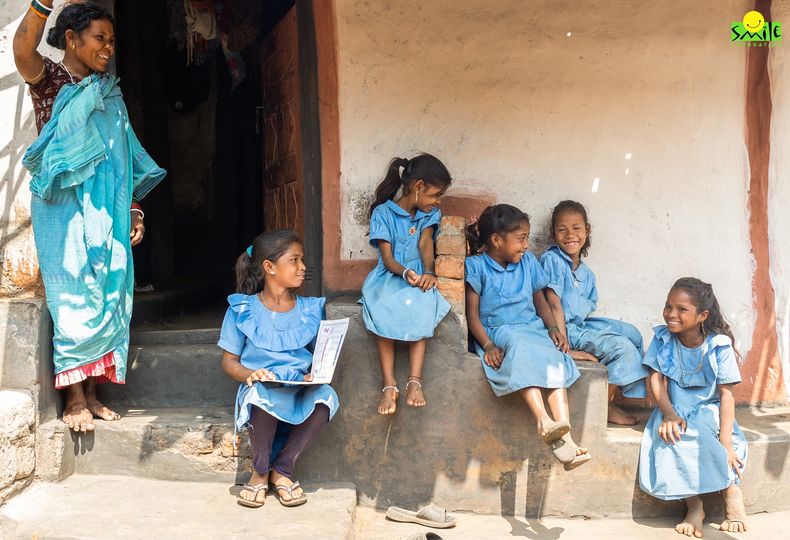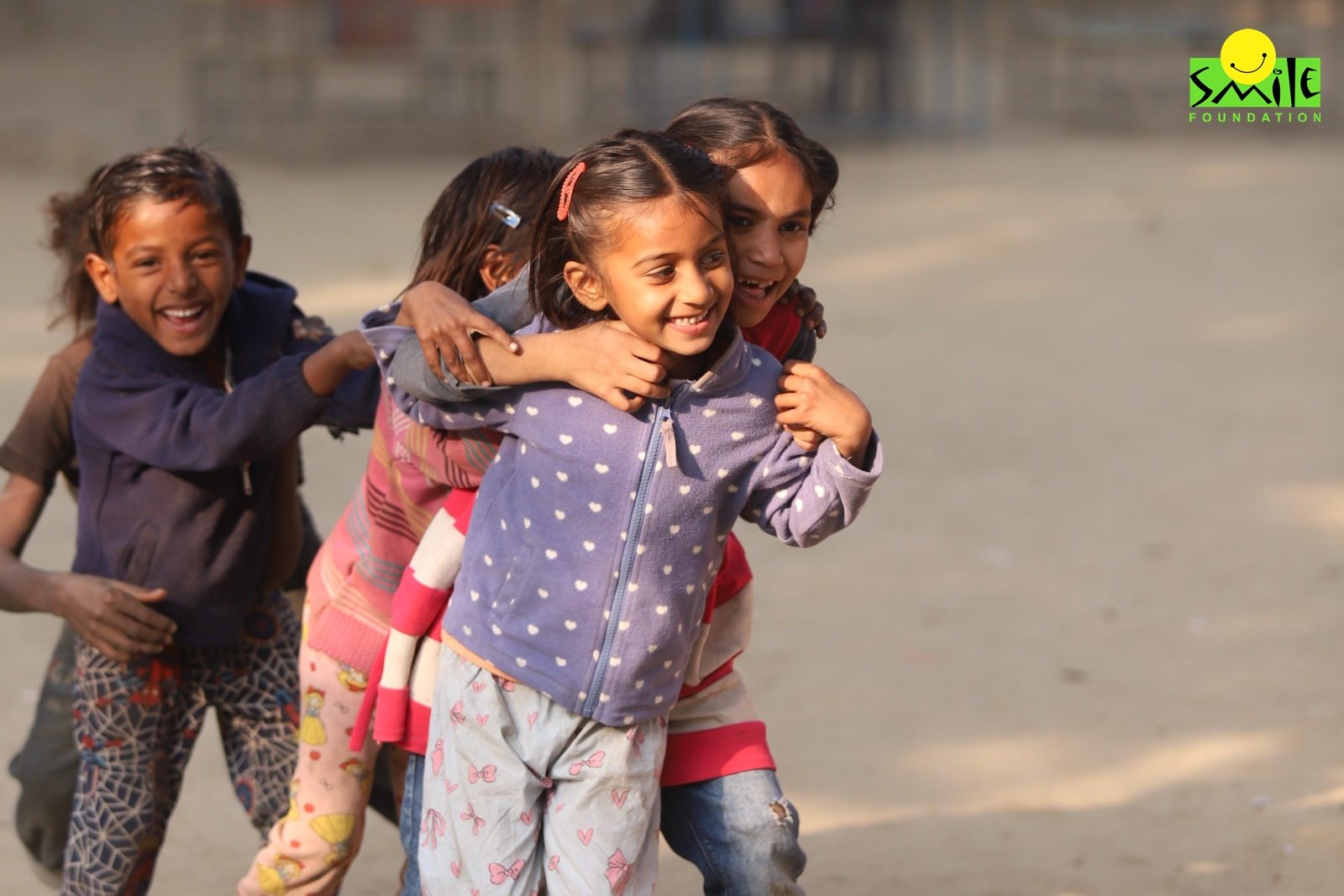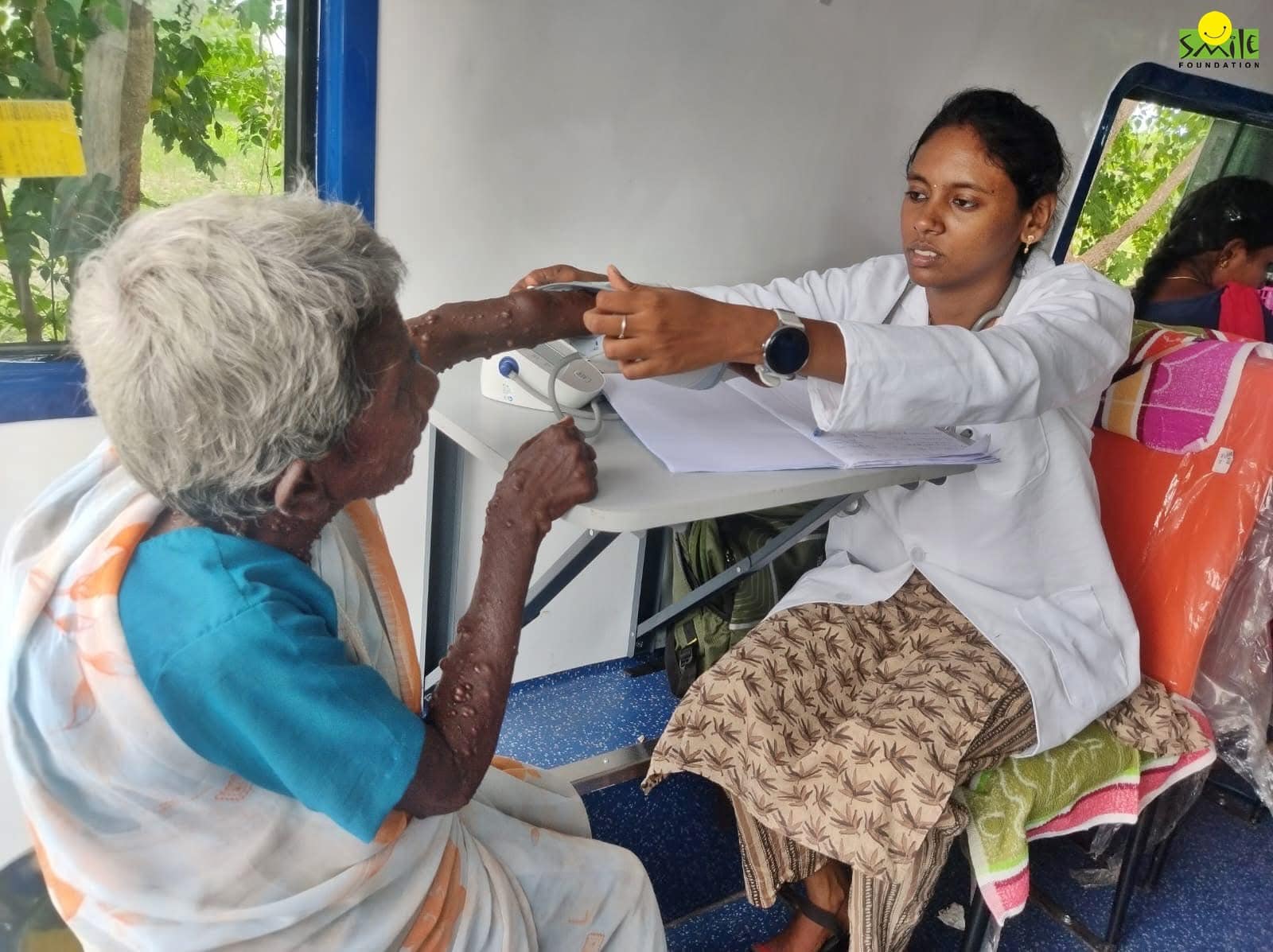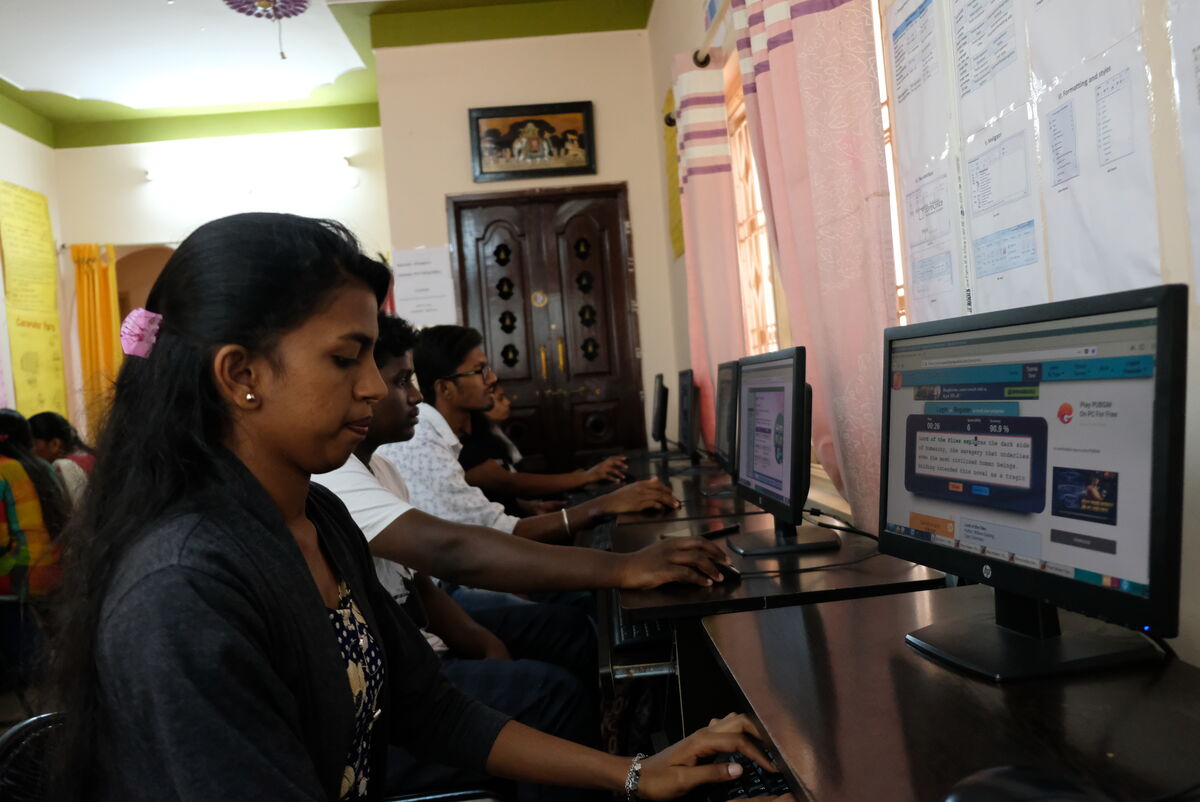Change has been a constant feature of human experience on Earth. The world has evolved consistently through time, with the 21st witnessing arguably the quickest transformation of any age.
Thanks to technology, everything in our lives, from education to wellness, is on a rapid evolutionary path. It makes the future exciting, but we must also look back and repair the substantial collateral damage.
Childhood development is one of the areas exposed to circumstantial changes too. Children and teenagers of the 21st century face significant emotional, physical, and mental risks, despite the presence of cutting-edge technology at their fingertips.
Threats to Child Development
Children and teenagers today arguably face more challenging situations than their parents did at the same age. Climate change, marketing practices, and social media are the biggest factors, making teenagers getting affected physically and mentally.
Every society is equally responsible for protecting its young population. A 2020 report by a commission of over 40 child and adolescent health experts convened by the World Health Organization (WHO), UNICEF, and The Lancet drew especially startling conclusions.
The findings warn the health and future of children and adolescents worldwide are under immediate threat. Ecological degradation, climate change, and exploitative marketing practices pushing the wrong foods and drinks are the key drivers of deteriorating health conditions of children, noted the report.
“Industry self-regulation has failed,” said Professor Anthony Costello, one of the Commission’s authors. “Studies in Australia, Canada, Mexico, New Zealand, and the USA – among many others – have shown that self-regulation has not hampered commercial ability to advertise to children.”
“For example, despite the industry signing up to self-regulation in Australia, children and adolescent viewers were still exposed to 51 million alcohol ads during just one year of televised football, cricket, and rugby. And the reality could be much worse still: we have few facts and figures about the huge expansion of social media advertising and algorithms aimed at our children.”
The Role of Love in Childhood Development
Parents can do a great deal to protect their children’s mental and physical health. Paying attention to their interaction with technology and eating habits can prove helpful, but love remains the key.
A 2019 study demonstrated adults with higher levels of positive childhood experiences had a lower risk of mental health issues and greater adult-reported social and emotional support.
The study concluded promotion of positive childhood experiences reduces the risk for teenage mental health support and adult relational health. Joint assessment of positive childhood experiences and adverse childhood experiences may enable a focus on building strengths to promote well-being.
Hence, parents must foster safe, stable relationships for children and build environments for positive experiences. A warm, loving family can reduce mental and physical health issues in children and have the following impact:
- Children gain confidence, and it increases their self-esteem.
- They can learn conflict resolution skills, which may prove useful in future professional relationships.
- They learn about the importance of communication and social interactions.
- They become healthier thanks to home-cooked healthy meals, regular exercise and play, and early bedtimes.
- They become resilient and flexible enough to handle different situations.
- They have a sense of stability and predictability due to their routine.
- They do not need to push to feel loved. They have unconditional love.
Parents can use some of their own experiences to determine how to build a loving space that helps their children grow comprehensively.
Promoting Family Love
It is clear from studies and life experiences that family love can make a difference in children’s mental and physical health. The right environment can take their minds off the misleading social media and television content, allowing them to focus on human relations.
There are several other ways as well in which parents can nurture family love and early childhood professional development. A few include:
1. Make Family Time a Priority
Working parents may find it tough to give due attention to their children. Parents must ensure they give their children adequate time when they’re home from work.
They must dedicate at least a couple of hours of family time and ensure their children have positive experiences. Making family time a priority can make children trust their parents, which can be helpful when they grow up and need someone to talk to.
2. Play Games and Sports Regularly
Games and sports have a way of building connections faster than anything else. Parents can use that to their advantage, playing regular games or sports with their kids.
They can dedicate a certain number of hours or specific days to play with their kids. It can help build better bonds, keep their children fresh and active, and sharpen their decision-making.
3. Listen
Parents have a lot to think about. Their minds are at 100 places at once, making it difficult to concentrate sometimes. It is especially true when they’re home.
As a result, they may not listen carefully to their children, leading to a lack of communication. If not mended, it can lead to serious disconnects that hamper teenage mental health and lead to bigger problems in the future.
Therefore, parents need to listen carefully to their children from a young age. Once home, they give their children undivided attention and understand what they want or need.
4. Talk More
In today’s day and age, as children age, they usually speak less directly to people and more through phones. It isn’t a healthy trait, and many teenage mental health crises arise due to reduced human interactions.
Using phones as the primary mode of conversation may even make teenagers and youngsters fearful of social events. Parents can prevent this by taking the initiative and talking more with their kids.
They must create an environment of open communication where kids can discuss anything they feel like.
5. Express Your Love
Actions are far more important than words. Teenagers would be happier if their parents expressed their love rather than saying it 50 times a day.
Fortunately, it doesn’t take a lot to express love. Parents can embrace their children or do something special for them to display their love.
Love in Friendship
Family love is critical to childhood development, but so is friendship. Children often make unconditional and deep bonds with their friends, some even lasting for a lifetime. Bonds formed in childhood are unique and can become a key part of an adult’s life.
Parents should promote friendship and ensure their children regularly interact with their friends in school or at home. It can improve children’s social interaction skills and make them a joy to be around.
Final Thoughts: Love and Childhood Development
Love is perhaps the most powerful emotion. It can bring immense joy, comfort, and a sense of belonging. It is vital for kids, with studies proving the profound impact of love from family and friends on a child’s health and well-being.
The need for love only increases with time as teenagers live in an age of limitless distractions and less care. Parents must prepare for it and find time to communicate or risk teenage mental and physical health issues.
Smile Foundation and Child Development
Smile Foundation places a lot of emphasis on the overall development of children from lower-income communities. Our flagship programme, Mission Education is making efforts to integrate the mental well-being of children engaged in the programme through activities like counseling keeping in focus on imparting quality education to the children.










One reply on “Love: Key to Childhood Development and Good Health”
Well knowledgeable article in view of children development